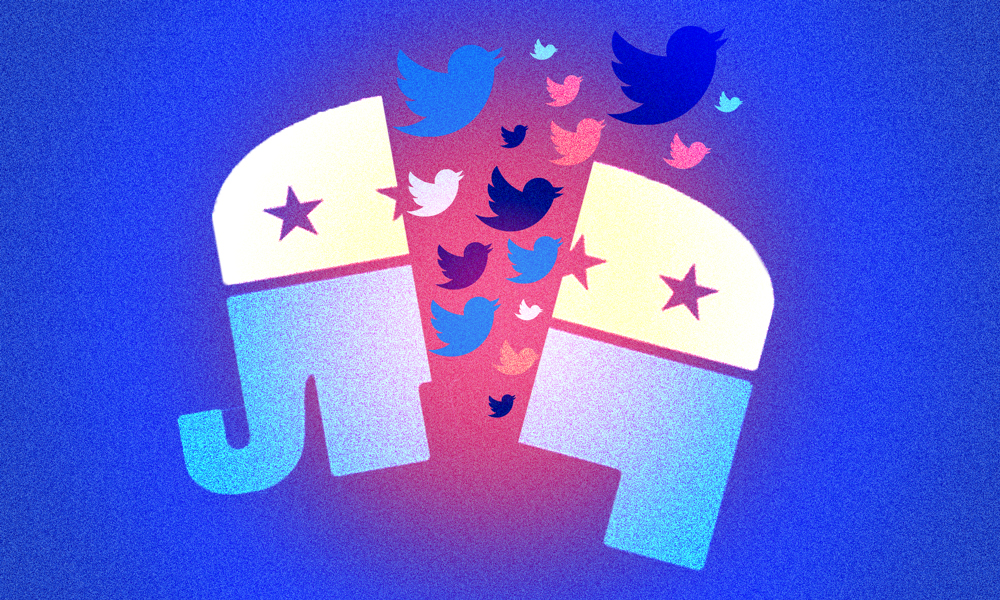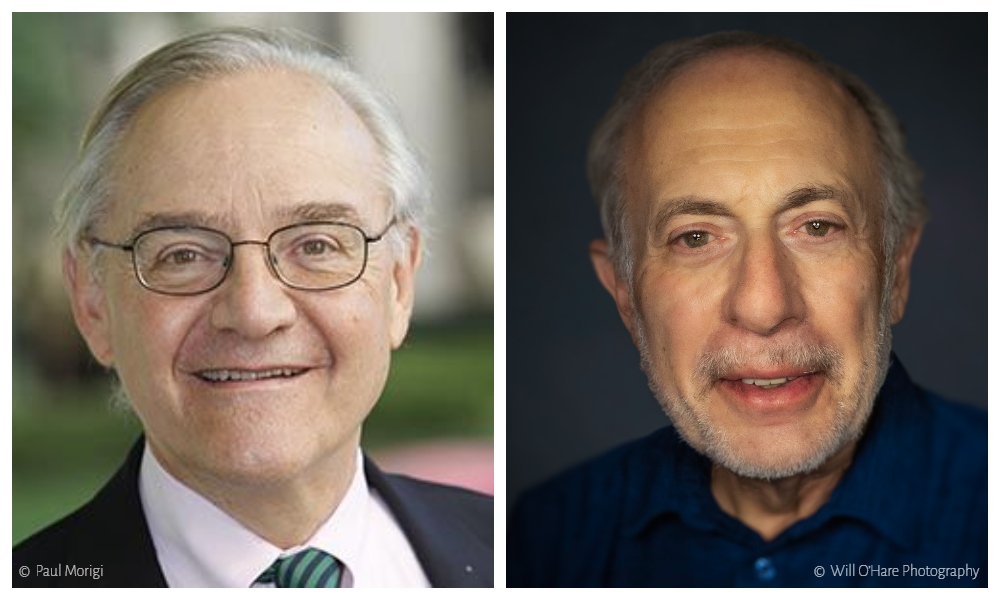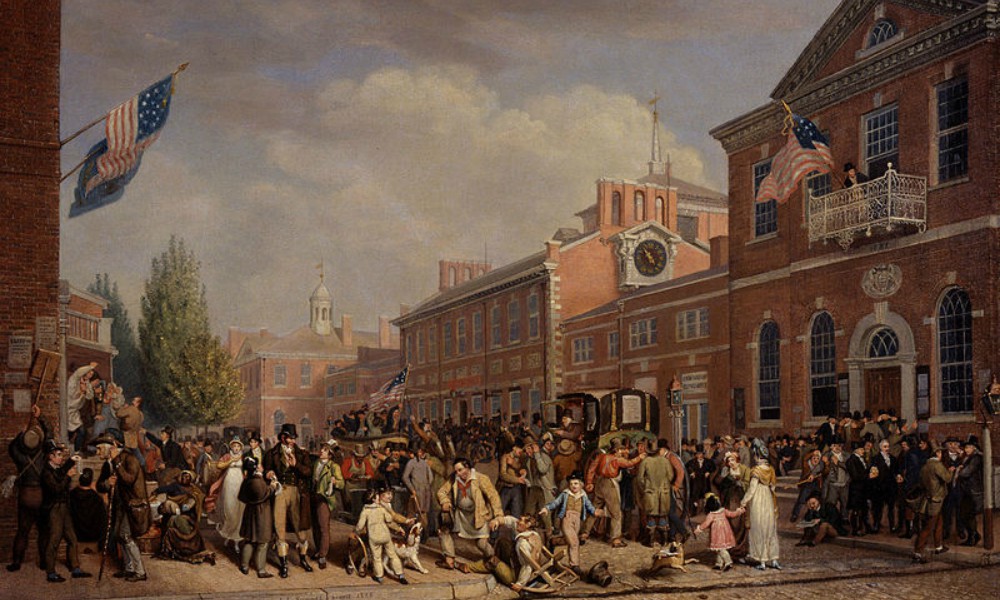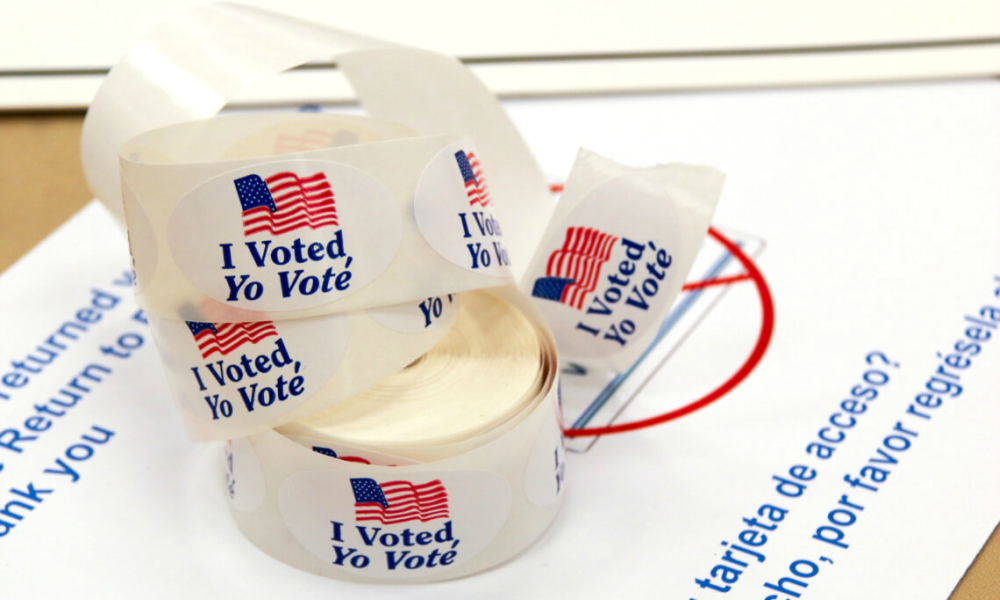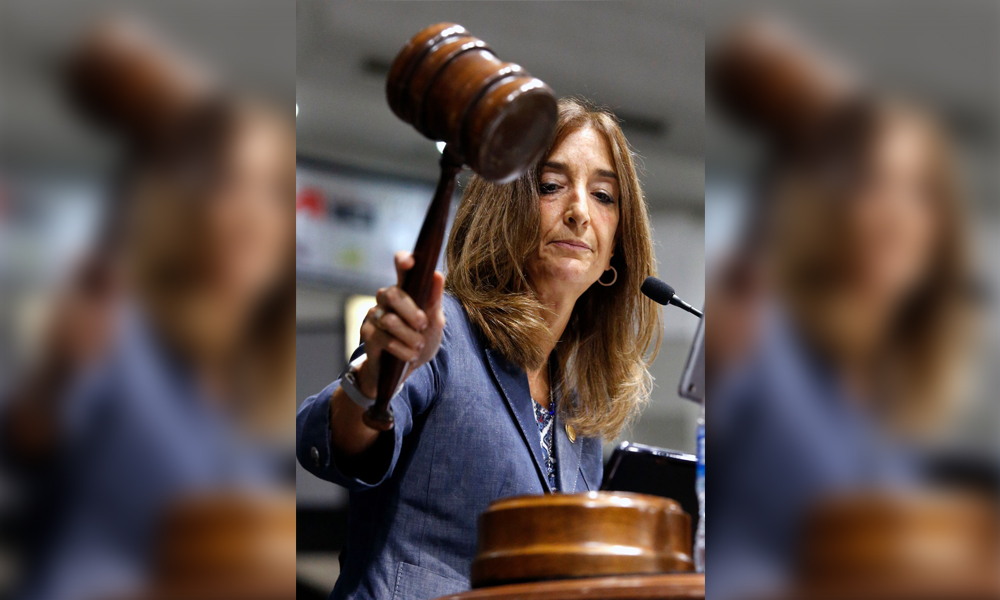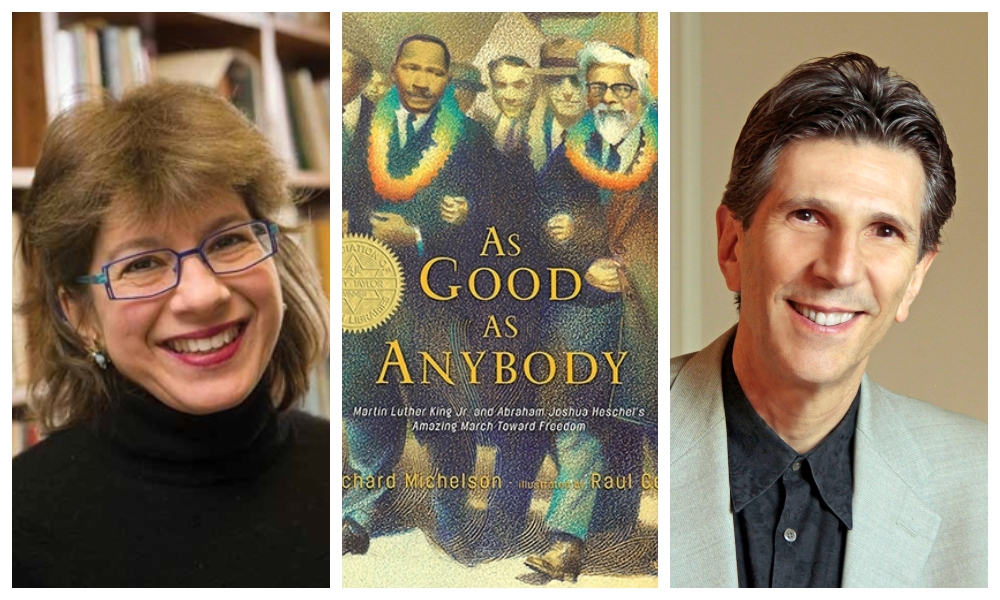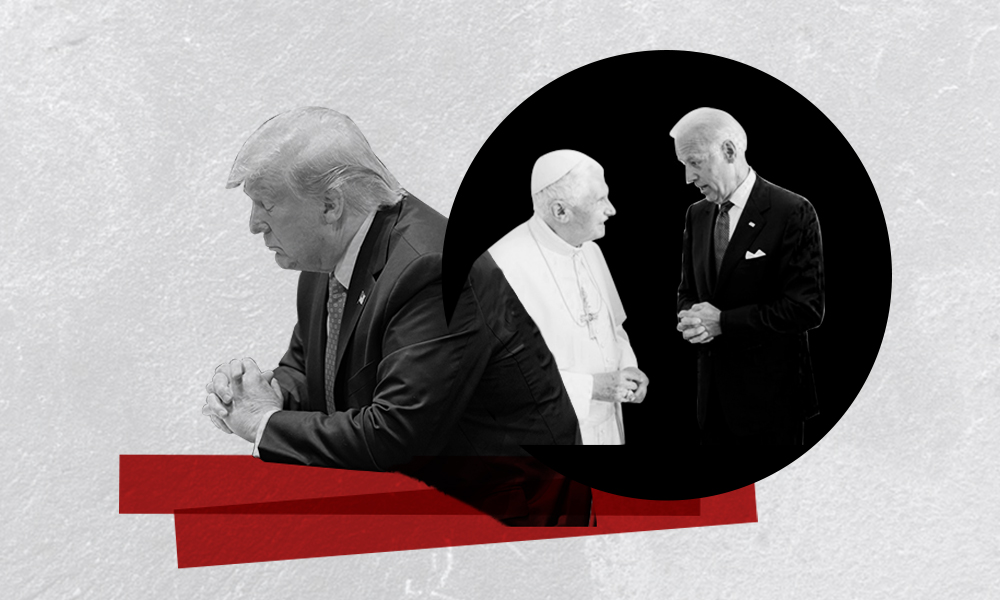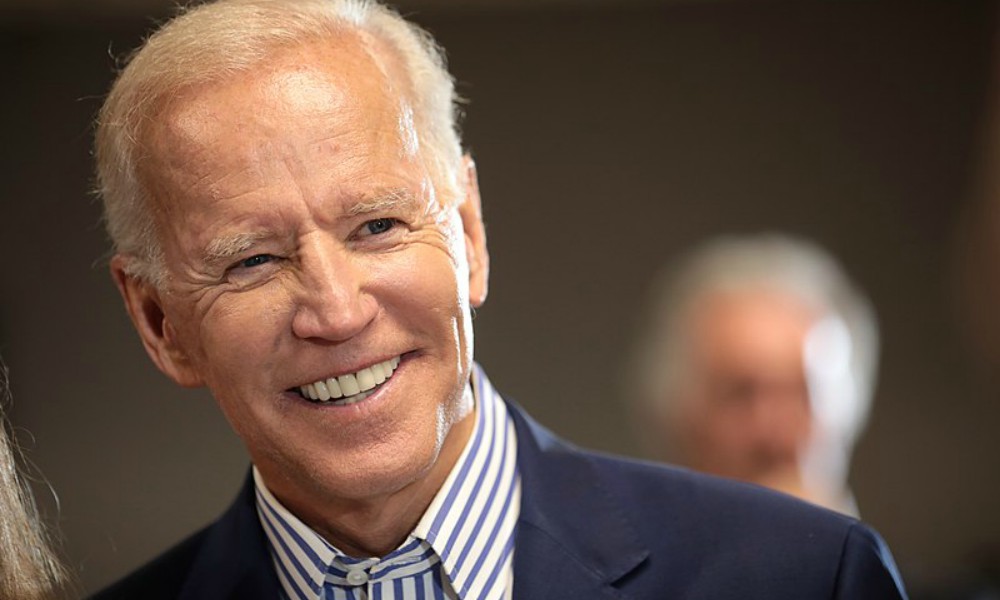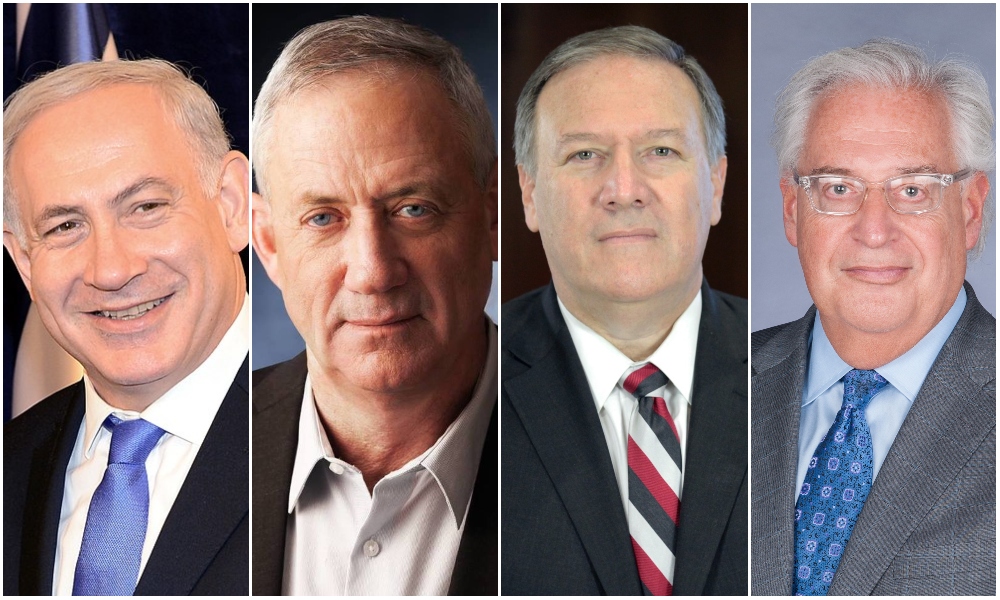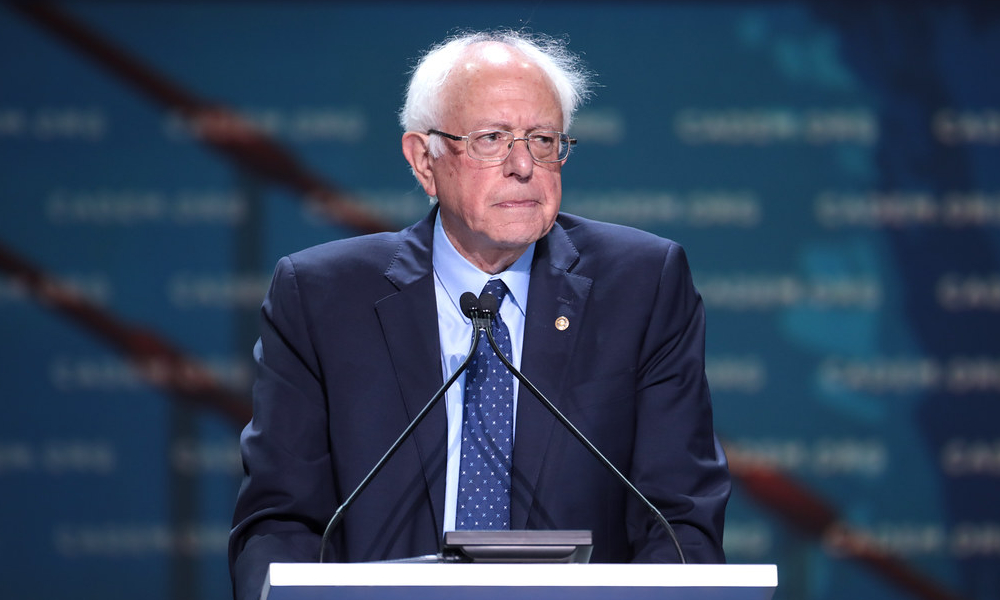Almost two months have passed since Avigdor Liberman resigned as Defense Minister in early November, leaving the Likud-led coalition with a narrow, difficult-to-manage majority in the Knesset.
Yesh Atid leader Yair Lapid’s unsurprising rejection of the revised Haredi army enlistment law was only the straw that broke the camel’s back—leading Benjamin Netanyahu’s Likud to dissolve the government and call new elections, which are slated for April 9, 2019.
If the turn of events so far is any indication for the future, Israelis are in for quite an election season.
The entry of former IDF Chief of Staff Benny Gantz into the fray has also been long rumored; after all, the Israeli electorate does find value in an expansive military career and lack of political background. While he has provided no hint of what his new Israel Resilience Party stands for, Gantz is already second in the polls to prime minister Netanyahu.
But while Gantz, Lapid and Liberman’s moves were fairly predictable, others haven’t been so diligent.
Fracturing Left and Right
Ayelet Shaked and Naftali Bennett, former leaders of the right wing Bayit Yehudi, abruptly quit the party and announced they are starting a new one, called Hayamin Hehadash (yes, the New Right). Shaked and Bennett have been attempting to siphon secular, right-wing votes from Bibi for years—whether it will pay off remains to be seen. For now, they count former Jerusalem Post senior contributing editor Caroline Glick and Shirley Pinto—the first deaf candidate for Knesset—among their ranks.
And while the Bayit Yehudi party is still alive, the left-of-center Zionist Union is no more. In a surprise move to everybody—Tzipi Livni included—Labor party chief Avi Gabbay broke off his party’s partnership with Livni’s Hatnua, which had made up the ZU, on live air during a January 1 press conference. After being criticized for lack of a killer instinct, Gabbay drew the sword on one of his own. Add that to recent reports of his secret visit to Abu Dhabi, and it is clear that Gabbay is gunning for the premiership.
On the Arab-Israeli side, the United Arab List—the third-largest party in the last election—also seems to be on the downturn, after leading MK Ahmad Tibi announced he is breaking away from the party and MK Haneen Zoabi (to the delight of many) announced her retirement. The party also lost its only Jewish MK, widely respected lawmaker Dov Hanin.
Bibi on the Brink
And then, there is Netanyahu.
While polls suggest his Likud party is slated for another smashing victory in the elections, prime minister Benjamin Netanyahu is dogged by several ongoing investigations, along with paranoia about his own party members and government appointees.
This Monday, Netanyahu said that he would be making a “dramatic announcement” during prime time that same evening—a phrasing usually reserved in Israel for the breakout of a new military operation or, God forbid, a war.
Instead, almost a million viewers tuned in to see the prime minister rail against police investigators and his own justice department, accusing the left of orchestrating a witch hunt meant to topple his democratically-elected government. Sound familiar?
But, unlike Donald Trump’s infant two-year presidency, Bibi has been in power for almost a decade now. This high risk, high reward long game may leave Bibi in the prime minister’s seat for another term, or battling for his freedom in the court—or juggling between the two.



